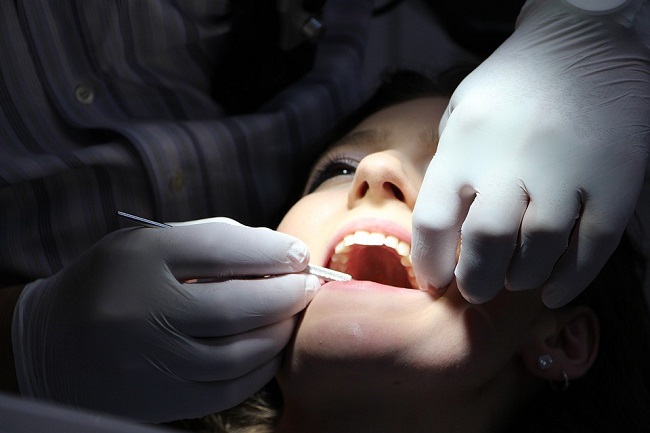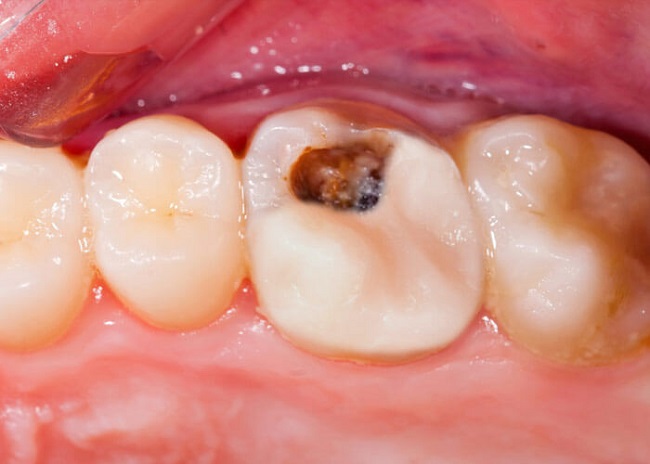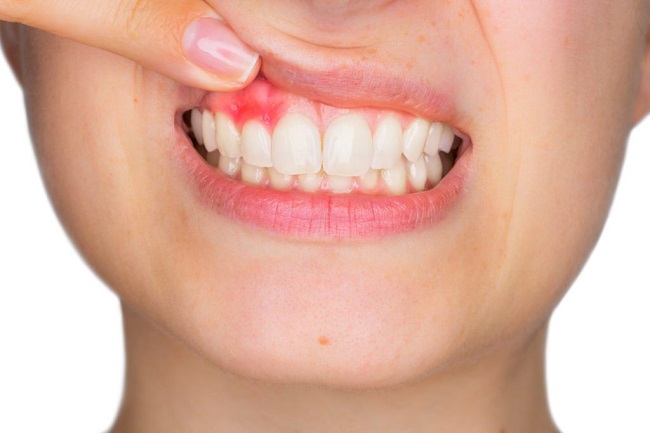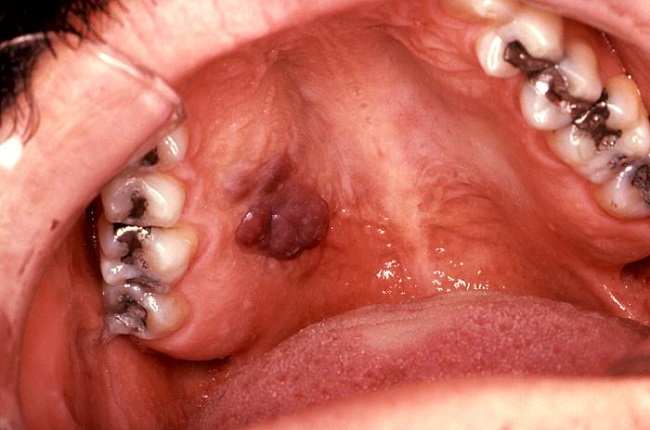Page Contents
by Ruby Daub

Major Oral Complications & Ways To Prevent Them
Oral problems not only create a lot of pain and discomfort, but they can affect the way your mouth to a great extent. For example, whenever you experience a severe toothache, it not only prevents you from focusing on your work at the office but also creates tremendous discomfort while consuming food. People, who follow an effective oral care routine, are less likely to suffer from dental health issues.
So, if you want to improve your oral health make sure you take essential steps to raise your dental hygiene.
Here’re some of the common oral health complications and ways of preventing them.
Cavities
Cavities are the most common dental problems that affect a large number of people across the world. Poor oral hygiene remains the major cause of cavities. Oral bacteria release a toxic acid, which eventually damages the tooth enamel. And once the enamel is damaged, the acid creates holes in the tooth.

Tips for Preventing Cavities
One of the best ways to prevent cavities is to stop bacteria from settling on the teeth. Brush your teeth properly in the morning. Use a good toothpaste, which can protect your enamel from the toxic acid produced by bacteria. A high fluoride toothpaste can play an instrumental role in protecting your enamel from bacterial acid.
You should use your brush in such a manner that it can clean the plaque and food debris from both teeth and gums. Brushing too hard is very dangerous for your teeth and gums, so if you put a lot of pressure on your teeth while cleaning it, avoid doing that.
Gum Disease
Gum disease or periodontal disease is another common dental problem, that affects your teeth and gums badly. As in the case of cavities, bacteria that live in dental plaque remain the primary cause of gum disease. Gingivitis, which is characterized by reddened and swollen gums is considered as the first stage of gum disease. Apart from that, bleeding gums and bad breath is also a common symptom of gingivitis.
When this oral condition is left untreated it progresses to a stage called periodontitis – which is a more serious gum infection that creates a lot of pain and discomfort.

Tips for Preventing Gum Disease
The best way to prevent gum disease is to improve your oral hygiene. You should brush your teeth both in the morning and before you go to bed. Make sure that you devote a minimum of 2 minutes both in the morning and in the evening for brushing your teeth. In addition to that, it’s important to use a reliable oral rinse that can wash away oral bacteria from your mouth. Again, it’s important to use an oral rinse twice a day, otherwise, you won’t be able to put a check on bacterial growth.
It’s imperative for you to know that gingivitis can be easily treated if you raise your oral hygiene. However, if it progresses to periodontitis then you may need the support of medicines and surgical treatment to treat periodontitis.
Therefore, visiting your dentist at regular intervals is very important. Don’t wait for the occurrence of a serious oral problem to visit your dentist.
Oral Cancer
Mouth cancer- which is another term for oral cancer is an extremely deadly oral health condition. Formation of lumps and red or white patches on any part of your mouth is one of the most important symptoms of oral cancer. In addition to that, pain, numbness, irritation, bleeding, and difficulty in chewing are also the common signs and symptoms of mouth cancer. Oral cancer can form in any part of your mouth, such as tongue, lips, gums, and floor of the mouth.

Tips for Preventing Oral Cancer
Smoking and chewing tobacco are considered as the primary causes of mouth cancer. Carcinogens found in tobacco products are cancer-causing agents, so whether you smoke cigars or you have the habit of chewing tobacco, it’s important to bring changes in your habit. Quit using all kinds of tobacco products if you want to improve the quality of your life and prevent oral cancer.